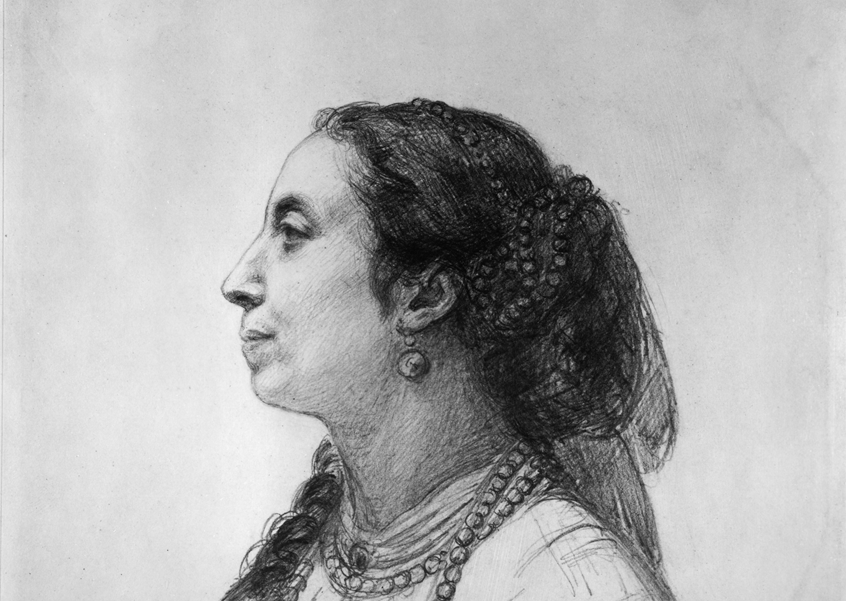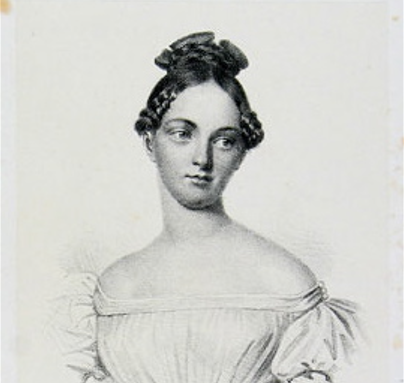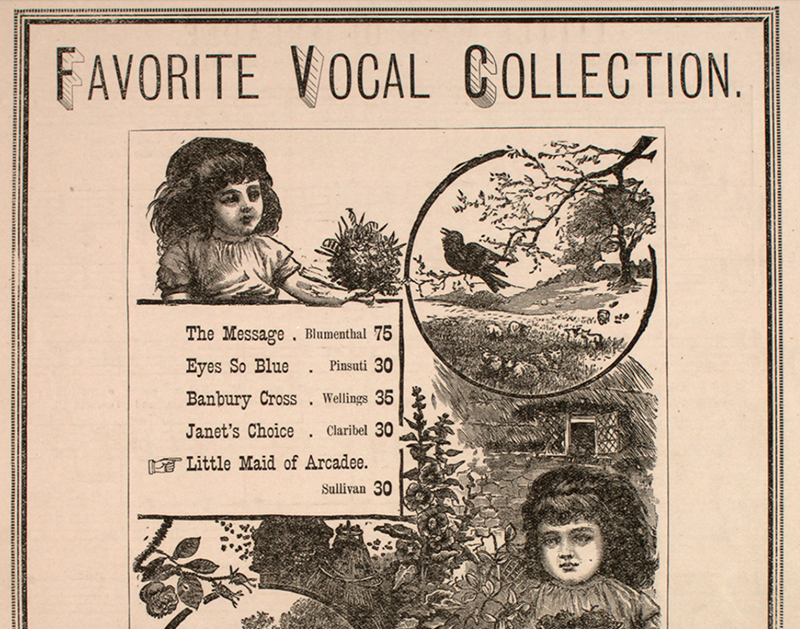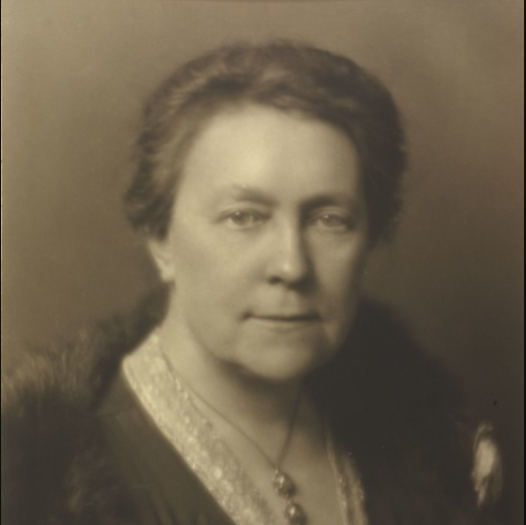On the day that Brett Kavanaugh testified during his nomination hearings, I sat across from composer Lisa Neher in a coffee shop, commissioning her to write a piece for me to perform. This was not an outcome I could have foreseen when I wrote The Elocutionists: Women, Music, and the Spoken Word, a book about elocutionists who, well in advance of Beat Poets, recited poetry to music in the early twentieth century. I’m a musicologist, not a performer, but the comic pieces for speaker and piano called “musical readings,” composed by American women that I discovered, changed that.

Musical readings were constructed similarly to songs but were spoken, not sung. The hundreds of such pieces I uncovered intrigued me, so as an experiment I teamed up with a wonderful pianist, Natalie Landowski, and tried out women’s readings before a live audience. The texts treat romance, marriage, and aging; our audiences, like the women who first heard their satirical humor at club meetings and bridal showers in the 1920s and 30s, laughed. Natalie and I adopted the name “Red Vespa” and began touring and performing for state and national women’s groups and at universities and scholarly societies.
I practiced reciting while in the shower. I recited in my car while driving to work or as I walked down the street. I hadn’t memorized poetry since fifth grade, but now I carried poems in my body, like melodies that linger in the brain. The women’s voices from America’s past that I channeled were charming and funny, but they felt entirely separate from the upheavals sweeping the country. Hilary Clinton walked silently in the woods, Elizabeth Warren nevertheless persisted, and Christine Blasey Ford’s quiet soprano was silenced by louder male rage. While I loved the humorous tone of our programs, I also wanted to perform poetry in which women’s voices spoke to our times.
Three Poems
For Lisa Neher’s commission, I chose three poems. The first text comes from century-old battles, yet still feels relevant. In September, 1918, Amy Lowell (b. 1874) describes the serenely exquisite beauty of a fall afternoon, envisioning, during World War I, her ability to fully experience it only in future recollections when “there will be no war.” Lowell’s final words capture the struggle to live amid turmoil; they give the entire piece its title: “For I have time for nothing / But the endeavour to balance myself / Upon a broken world.”
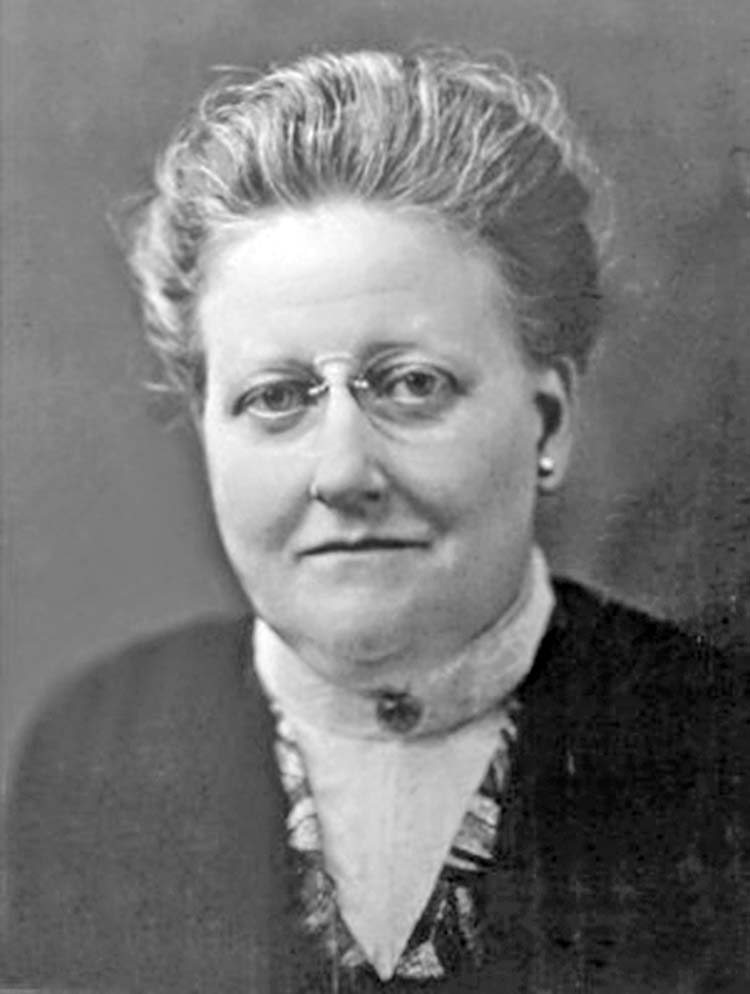
The second poem, Maggie Smith’s Good Bones, became an internet sensation in 2016, shared by millions. Despite the horrors of a world that Smith acknowledges is “half terrible,” she wants her children, and us, to see its potential and to work to fulfill it: “Any decent realtor, / walking you through a real shithole, chirps on / about good bones: This place could be beautiful, / right? You could make this place beautiful.”
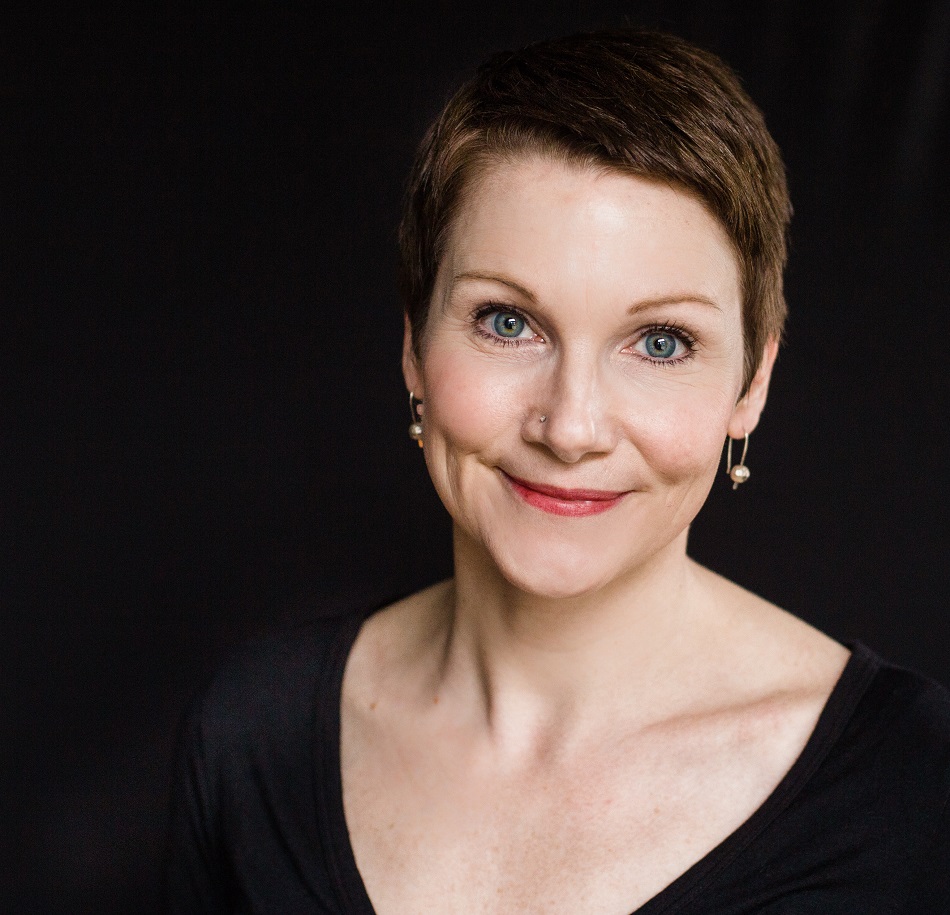
Danusha Laméris has described how she wrote Small Kindnesses, the final poem I selected, to provide solace in 2017, “when the world seemed to be imploding a bit, the country fractured in new (and old) ways.” After the pandemic hit, breaking our world even more and preventing Red Vespa’s premiere of Neher’s musical settings, Laméris’s poem acquired new resonance. Her words, “We have so little of each other, now. So far / from tribe and fire,” weighs more heavily after months of quarantining. After thousands of deaths from covid, some lines are now much harder for me to speak: how “strangers still say ‘bless you’ / when someone sneezes, a leftover / from the Bubonic plague. ‘Don’t die,’/ we are saying.”

I knew that Lisa, a singer as well as a composer, would be sensitive in setting the texts of Upon a Broken World. I sent her recordings of my recitations, and our process was closely collaborative. Lisa recalls that she “marked up the poems with timecodes from the readings and paced the music accordingly. In this way, it was quite different from composing art songs, in which I might stretch words for long durations.” She did not forget the piano, drawing on Natalie’s skills to evocatively “set the tone and atmosphere for the text.” For September, 1918, the accompaniment produces waves of impressionistic nostalgia, almost as if the poet is already remembering. The piano also captures the spiky ironies of Good Bones alongside its hope for sweeter tones, which are heard, finally, in Small Kindnesses.
Rehearsing these pieces with Natalie for their October 24 premiere feels like a reflection of our reentry into more normal daily life. Performing them again is both familiar and somehow new. Upon a Broken World is, perhaps, a darker moment in a program full of much-needed laughter. However, I hope these three pieces will serve as some recognition, for my audience, of what we have endured during the past few years.
Upon a Broken World was streamed live during Red Vespa’s recital at the University of Iowa’s School of Music, on Sunday, October 24, at 7:30 pm, central time, and you can watch the performance here.


